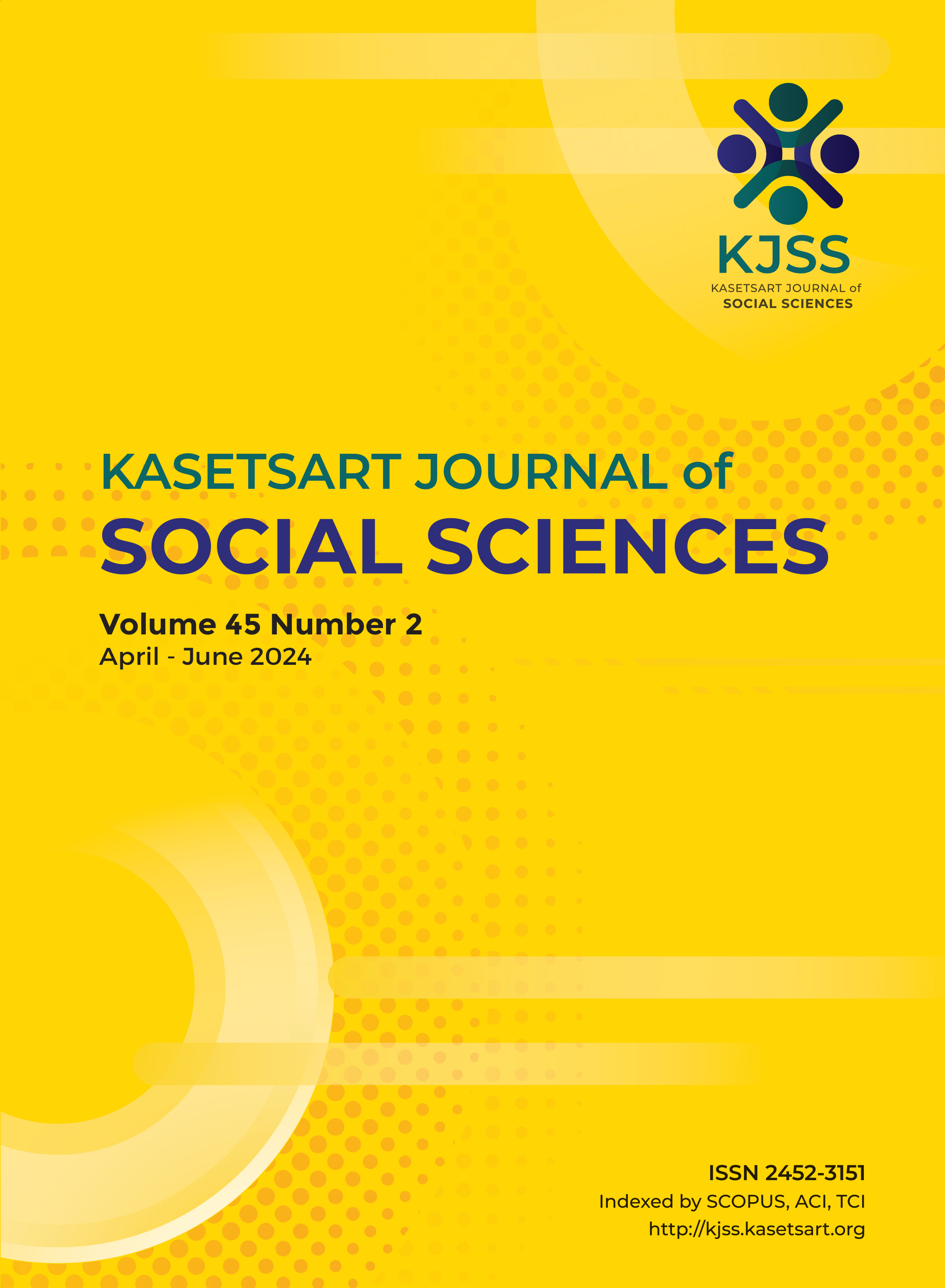Curriculum control and lesson planning: History teacher autonomy in different school contexts
Keywords:
curriculum control, different school contexts, education policy, history teacher autonomy, lesson planningAbstract
The curriculum is important in controlling national policies and implementing education. In Indonesia, the national curriculum is changing from the 2013 Curriculum to Merdeka Curriculum, which promotes “independent learning”. This study explores the nature of curriculum control and history teachers’ autonomy in lesson planning in different school contexts. The research draws on interviews with 12 history teachers in three different schools: Senior High School 1 Kejobong (a general-based public school), Purbalingga Public Madrasah Aliyah (a religious-based public school), and Muhammadiyah Purbalingga Senior High School (a private school belonging to Muhamamdiyah organisation). Teaching module documents were also analysed to complement the research data. The data were analysed following Hopmann’s curriculum control model by developing macrocodes (deductive approach) and subcodes (inductive approach). The research findings indicate the existence of three models of curriculum control, with overlapping characteristics among the four models observed in different school contexts. These models suggest that outcomes-based education practices influence the underlying ideological profiles of different schools. Although the education authority accommodated all three schools well, variations in history teachers’ autonomy in lesson planning were evident. In particular, history teachers’ autonomy seems closely related to the practical stage of lesson planning rather than aligned with the educational outcomes the government idealises. This research highlights how a national policy that, on the one hand, provides freedom in concept but, on the other hand, also standardises schools potentially contradicts the policy goal of promoting educational diversity.
Downloads
Published
How to Cite
Issue
Section
License
Copyright (c) 2024 Kasetsart UniversityThis is an open access article under the CC BY-NC-ND license http://creativecommons.org/licenses/by-nc-nd/4.0/










